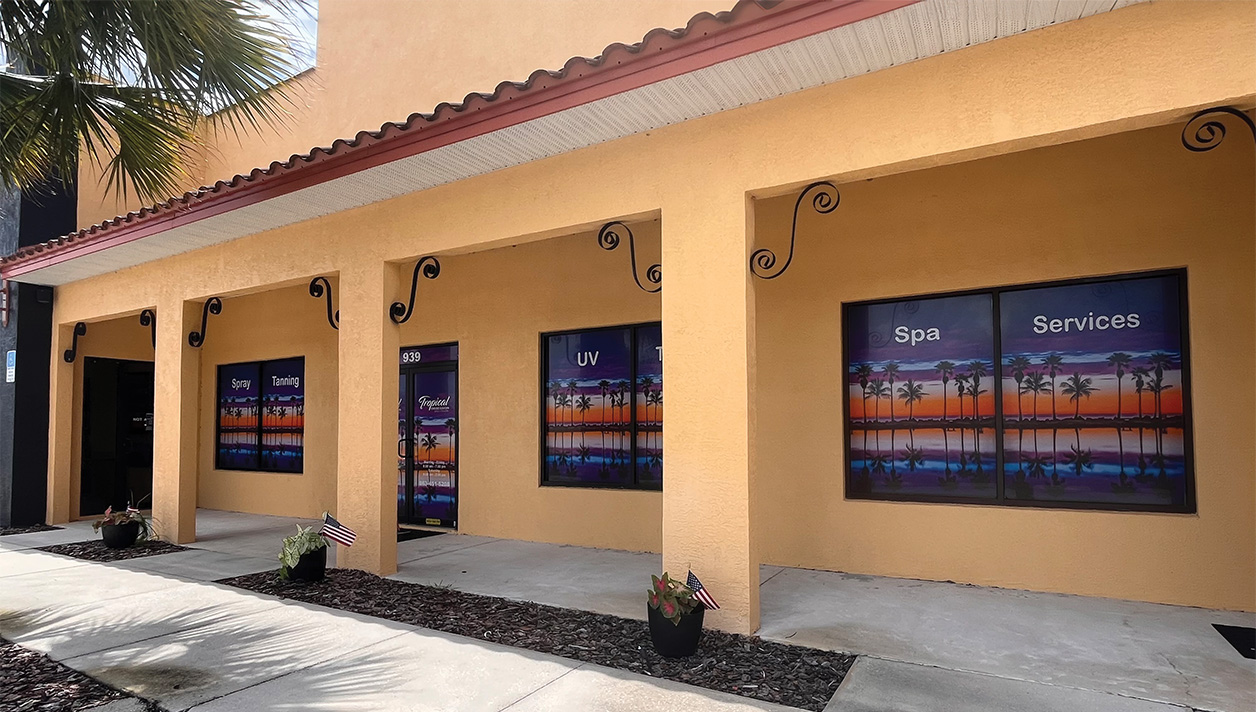Success is directly attributable to the personality of the owner – how he treats his staff and, in turn, how his staff treats customers.
When I enter a business establishment, it doesn’t take long for me to form an opinion about it. I find myself quickly sizing up the place, taking note of the good, the bad and the ugly.
Lightning-fast observations on cleanliness, friendliness and attentiveness mix with the stimuli of sights, sounds and smells to collectively influence both my immediate and long-term purchasing decisions.
The old business adage, “You only get one chance to make a great first impression” is never truer than with service related businesses that must continuously attract new customers – while also keeping existing patrons satisfied and earning their loyalty.
While “Business 101” teaches that success is achieved by offering the right products at the right price, in the right place, with the right promotion and the right people to deliver them, what’s often overlooked is how the unique personality traits of the business owner can actually be transferred to the persona of the business itself – and directly influence how the general public perceives the entire operation.
Yes, a business, like a person, has a personality. And while completely intangible, it permeates throughout the very atmosphere of the physical location – and also extends far beyond the four walls and into the community at-large.
How many times have you heard people describe a business like it’s a person?
Positive examples:
- “That place is so nice!”
- “They know how to treat people in that place!”
Negative examples:
- “I hate that place – it’s so snobby!”
- “That place gives me the creeps.”
I’ve often found that if the owner of the business is a cheap-skate, you can sense it in the way its products and services are marketed. Prices are often too high and the actual value too low, and there are never any real “deals.” Rather than attractive, cleverly-placed advertising, the lobby and reception area is peppered with angrily sketched signs that warn of impending doom: No Refunds! No Returns! All Sales Final!
If the business owner (or manager) is a control freak or a tyrant, then that behavior will also be reflected in the way the staff interacts with each other – and with the customers.
On the other hand, if the owner is honest, sincere, fair-handed, etc., then this attitude will be clearly evidenced in the staff’s behavior. The positive energy becomes part of the “aura” that surrounds the entire operation – encouraging customers to spend freely and frequently.
The highly successful television sitcom Cheers (1982-1993), centered on a neighborhood Boston bar that was frequented daily by a cast of colorful, eccentric loyal customers. Hundreds of “extras” lined the periphery providing support and a sense of realism (sounds like the database of most tanning salons!).
The bar’s success was not reliant on selling fancy cocktails, nor a trendy, theme atmosphere. Success was directly attributable to the personality of the owner – how he treated his staff and, in turn, how his staff treated customers.
Years ago, there was much water-cooler discussion about how the show’s premise could be applied to real world business situations. It was observed that all bars in a given area basically offered the same brands and selections of beer, wine, liquor, bar food, etc. So, with all things being relatively equal, what really helps make some successful while others struggle? A verse from the Cheers theme song provides a simple answer to this timeless question and has become the anthem for successful service-based businesses everywhere:
“Sometimes you wanna go where everybody knows your name – and they’re always glad you came.”
Cheers!




























